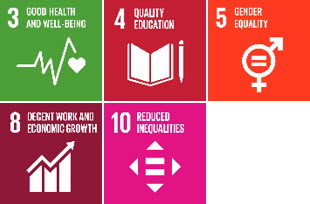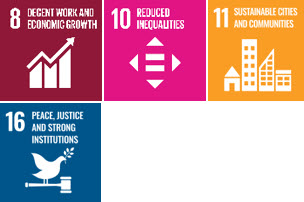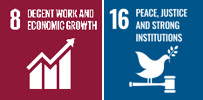Approach to ESG
Operating sustainably is critical to the future of Hastings and ESG factors remain a core area of focus as we evolve from exploration to development of the Yangibana Project.
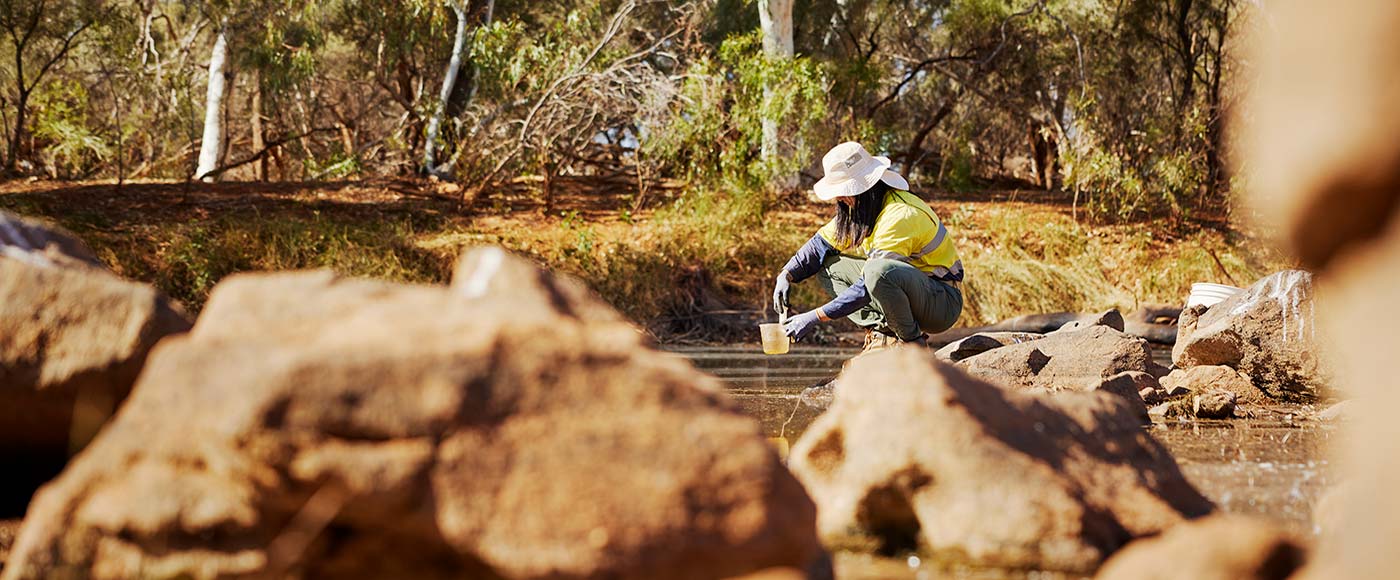
As critical inputs into permanent magnets needed for the production of electric vehicles and wind turbines, the rare earth elements produced by Hastings will be vital to the global energy transition to renewables.
We also recognise that critical mineral production should be done responsibly by minimising environmental and social risks in both present and future operations through to post-closure.
Our leading ESG credentials are aligned with many of the United Nations Sustainability Development Goals and the Ten Principles of the UN Global Compact which Hastings is a signatory and active participant.
We also recognise that critical mineral production should be done responsibly by minimising environmental and social risks in both present and future operations through to post-closure.
Our leading ESG credentials are aligned with many of the United Nations Sustainability Development Goals and the Ten Principles of the UN Global Compact which Hastings is a signatory and active participant.
At Hastings, we aspire to integrated ESG into all aspects of our business and we are strongly committed to ensuring the maximisation of positive impacts, while minimising potential negative impacts of our activities.
FY23 Performance Highlights
40.3%
Female participation rate
0.0
Lost Time Injury Frequency Rate
0
Non-compliance across Native Title, Environment and Governance
79%
Response rate to FY23 Culture Survey, with safety rating most favourably
Zero plastics
Implementing plans to reduce plastics across our operations
Sustainability Pillars
Our People
Creating a workplace that is respectful and inclusive and putting measures in place to protect health, safety and well-being
Creating a workplace that is respectful and inclusive and putting measures in place to protect health, safety and well-being
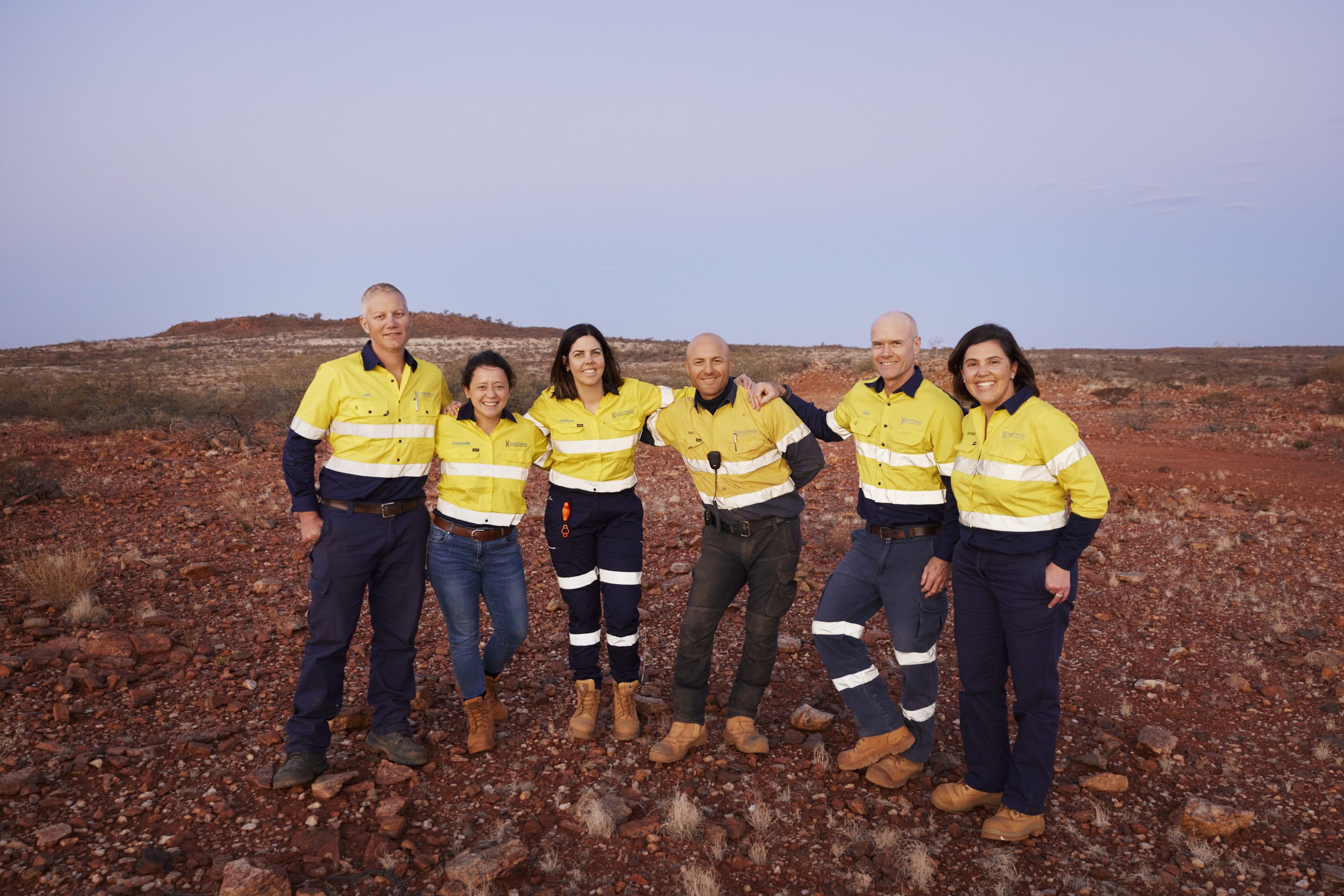
Our Communities
Engaging meaningfully with our stakeholders to move a positive contribution to the communities where we operation
Engaging meaningfully with our stakeholders to move a positive contribution to the communities where we operation
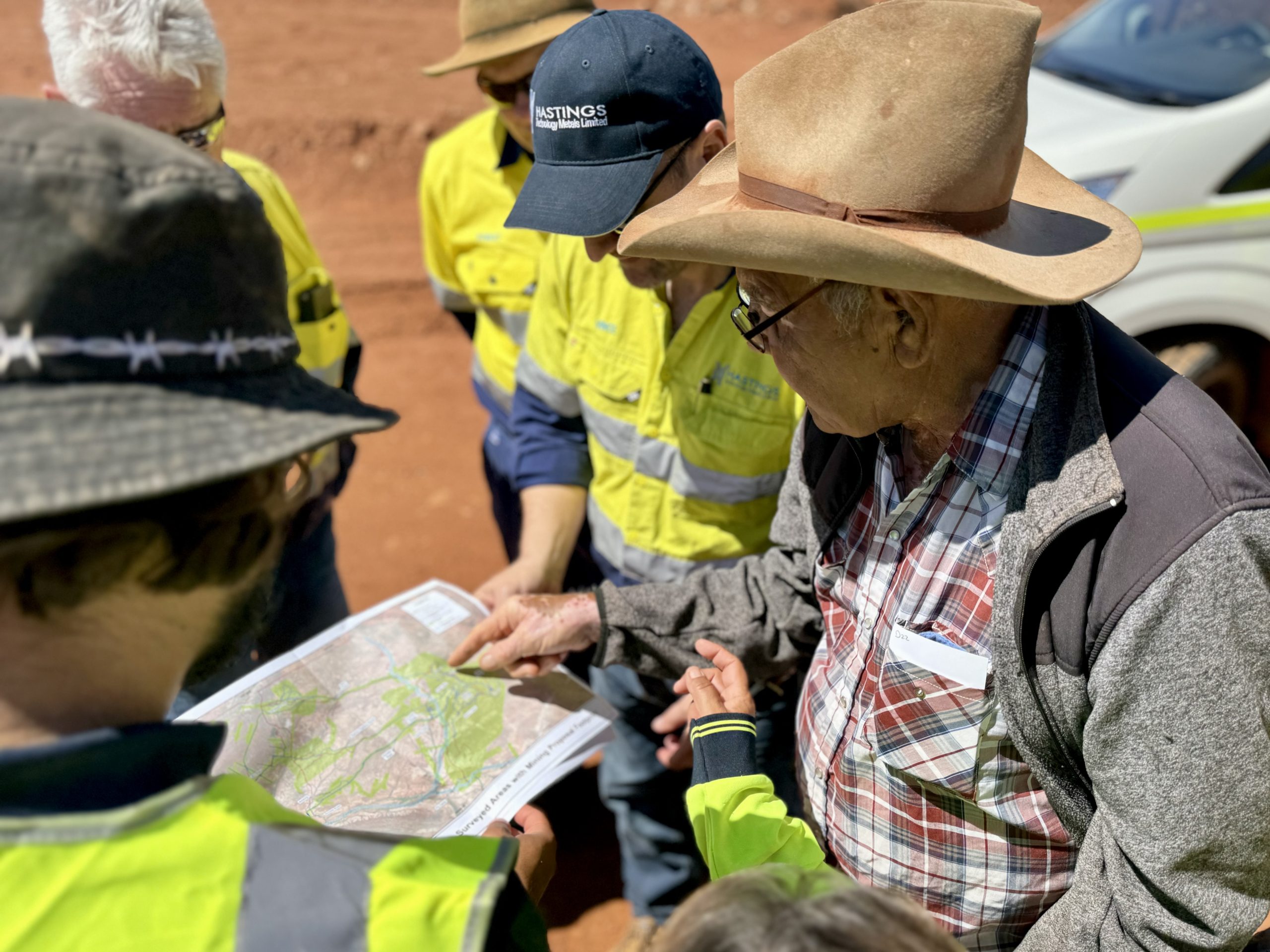
Our Environment
Understanding and managing our impact on the environment and using resources efficiently
Understanding and managing our impact on the environment and using resources efficiently

Our Governance
Conducting business with integrity and transparency and honouring our commitments
Conducting business with integrity and transparency and honouring our commitments

United Nations Sustainable Development Goals
Hastings have aligned our approach to sustainability with the United Nations Sustainable Development Goal, a set of universal targets to address global sustainability challenges.
In 2022, Hastings became a signatory of the UN Global Compact, making a commitment to support and report our performance on its Ten Principles around human rights, labour, environment, and anti-corruption.
We support the UNSDGs and the Australian mining industry’s efforts to improve social and environmental outcomes in our region and communities through our ESG activities. Our targets are aligned with many of the UNSDGs as outlined below.
In 2022, Hastings became a signatory of the UN Global Compact, making a commitment to support and report our performance on its Ten Principles around human rights, labour, environment, and anti-corruption.
We support the UNSDGs and the Australian mining industry’s efforts to improve social and environmental outcomes in our region and communities through our ESG activities. Our targets are aligned with many of the UNSDGs as outlined below.
People
Communities
Environment
Governance


